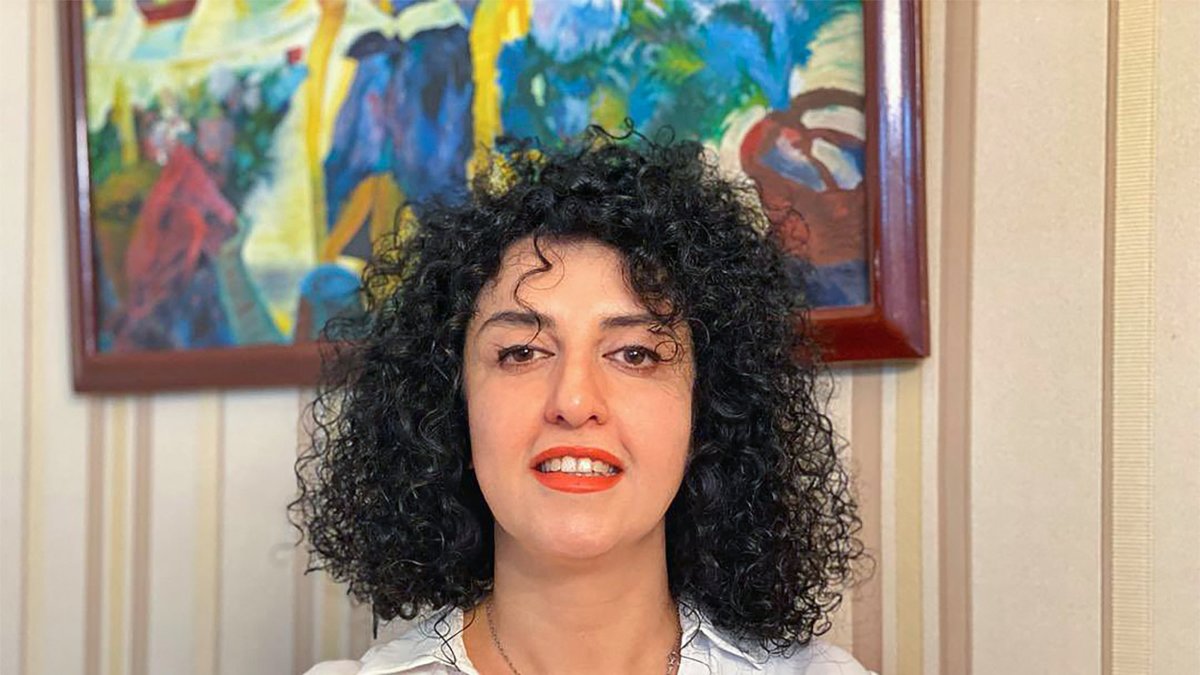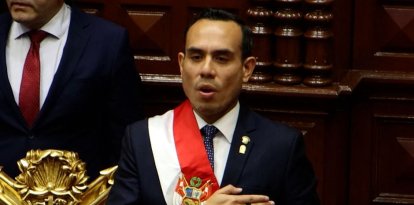Nobel Peace Prize Laureate Narges Mohammadi, imprisoned by the Iranian dictatorship, hospitalized due to poor treatment
Mohammadi is being held in Iran's Evin Prison, which houses other political prisoners and people with links to the West. During the protest against the execution of another prisoner, she was beaten and has since been without medical attention.

Narges Mohammadi
Iranian authorities had to hospitalize Nobel Peace Prize laureate Narges Mohammadi after nearly nine weeks of denying her treatment. Activists fighting for Narges' release said in a statement that Mohammadi must be granted comprehensive treatment for multiple conditions, as simply transferring her will not resolve the serious health problems caused by months of poor treatment, neglect and deprivation.
Mohammadi is being held in Iran's Evin Prison, which houses other political prisoners and people with ties to the West. She was already serving a 30-month sentence, to which another 15 months was added in January.
But this Saturday, the Iranian regime imposed an additional six-month sentence for a protest Mohammadi staged in response to the execution of Reza Rasai, another political prisoner who was in the prison's women's wing. During the protest against Rasai's execution, Mohammadi was hit in the chest and fainted. Since then, and despite her condition, she had no medical attention.
The activist's family denounced earlier this month that Iranian authorities are denying her treatment and have on three occasions prevented her transfer to a hospital for tests for heart problems and the appearance of a lump in her right breast in July of this year. Mohammadi suffers from heart disease and, according to her medical report issued in September, the main artery of her heart has developed a serious complication.
The new sentence against Mohammadi also extends to Pakhshan Azizi, Varishe Moradi, Mahbubeh Rezai and Parivash Moslemi, and was handed down last Saturday in courtroom 2 of the criminal court of Tehran's Ghods judicial complex by Judge Abolfazl Amari Shahabi. Mohammadi, 52, has been sentenced seven times since 2021 to a total of 13 years and nine months in prison and 154 lashes, among other punishments.
Mohammadi has maintained her struggle despite numerous arrests and years behind bars in punishment for denouncing human rights violations in Iran, including the use of the death penalty and violence against women who do not wear the hijab. Mohammadi was one of the driving forces behind the protests after the death of Mahsa Amini, killed in police custody in 2022, which became one of the most significant challenges to the Islamic Republic's theocratic government.

























